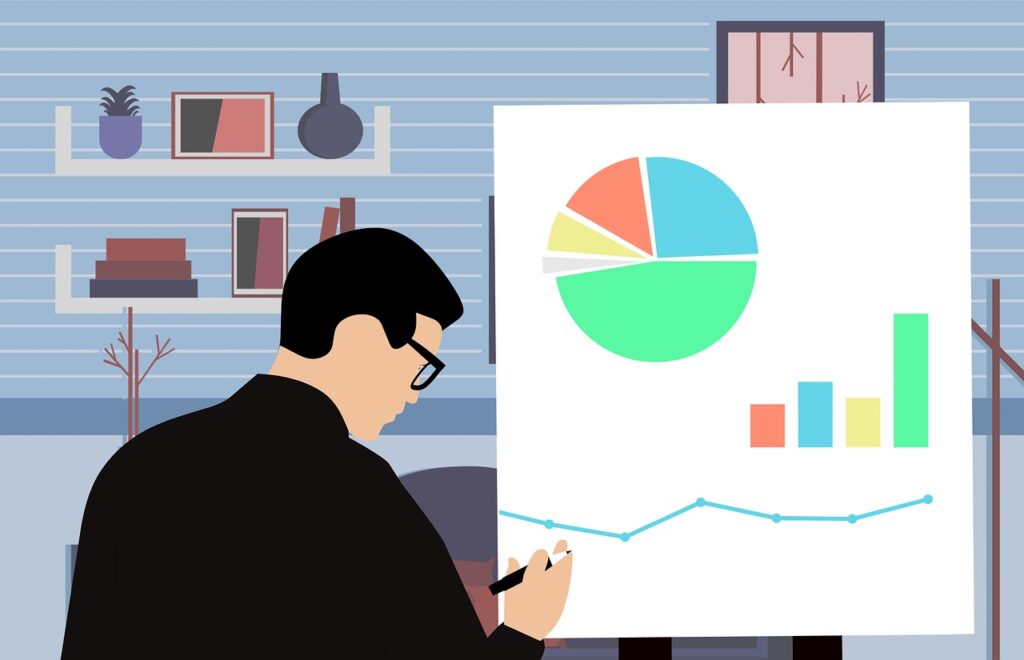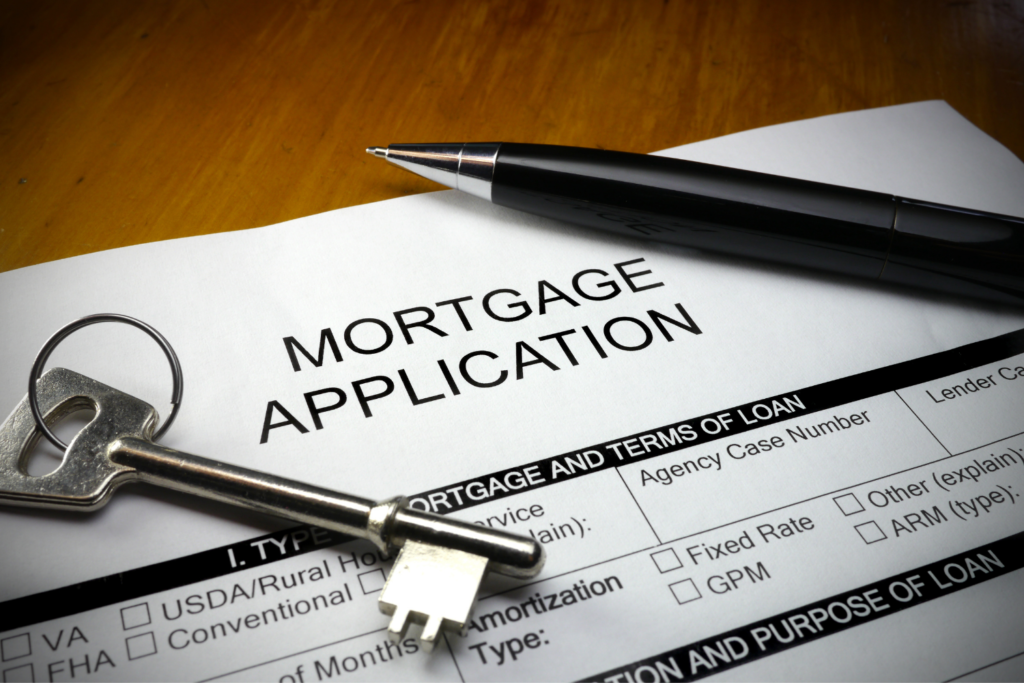
Financial stability is something that we all strive for, but it can often feel like an elusive goal. However, with the right strategies and mindset, achieving financial stability doesn’t have to be a daunting task.
In this post, we will discuss simple yet effective ways that you can start implementing today to improve your financial stability. From creating a budget to paying off debt, we will cover practical tips that can have a significant impact on your financial well-being. So whether you are just starting your financial journey or looking for ways to enhance it, this post is for you! Let’s get started.
Contents
1. Diversify Your Portfolio
Having a diverse portfolio is crucial for long-term financial stability. This means investing in different types of assets such as stocks, bonds, real estate, and even alternative investments like cryptocurrency or peer-to-peer lending. For instance, you can buy gold bars to protect against inflation or invest in a rental property for passive income. By diversifying your investments, you mitigate the risk of losing all your money if one asset class underperforms. It also allows you to take advantage of different market cycles and potentially earn higher returns. Make sure to do research and seek professional advice before making any investment decisions.
2. Create a Budget and Stick to It
Creating a budget is the first step towards financial stability. It helps you track your income and expenses, identify areas where you can cut back, and prioritize your spending. Start by listing all your sources of income and fixed expenses like rent, utilities, and debt payments. Then allocate a portion of your income to savings and discretionary spending.
The key to making a budget work is to stick to it. This means regularly reviewing and adjusting your budget as needed, being mindful of impulse purchases, and finding creative ways to save money. There are plenty of budgeting apps available that can help make this task easier.
3. Pay off Debt Strategically
Debt can be a significant roadblock to financial stability. It’s essential to have a plan in place to pay off your debts effectively. Start by making a list of all your debts, including the interest rates and minimum monthly payments.
Consider prioritizing high-interest debt first, as it can quickly accumulate and become unmanageable. You can also look into consolidating your debts or negotiating with creditors for lower interest rates.
Remember to continue making at least the minimum payments on all your debts while prioritizing paying off one at a time. With dedication and discipline, you can become debt-free and improve your financial stability.
4. Build an Emergency Fund
Life is unpredictable, and unexpected expenses can quickly derail your finances. That’s why having an emergency fund is crucial for financial stability. Aim to save enough to cover three to six months’ worth of living expenses.
Start by setting aside a portion of your income each month and make it a priority. Consider automating your savings to ensure you don’t forget or get tempted to use the funds for non-emergencies. Keep the emergency fund separate from your regular bank accounts, so it’s not easily accessible. Having an emergency fund can provide peace of mind and protect you during challenging times.
5. Increase Your Income
One way to improve your financial stability is by increasing your income. This can be done through various means, such as asking for a raise, negotiating salary when starting a new job, or taking on a side hustle.
Consider your skills and strengths to find ways to earn extra income outside of your regular job. This could be freelance work, selling items you no longer need, or offering services like tutoring or pet sitting. Not only does increasing your income provide more financial stability, but it also gives you a sense of empowerment and control over your finances.
6. Educate Yourself on Personal Finance

Financial literacy is essential for building and maintaining financial stability. Take the time to educate yourself on personal finance by reading books, attending workshops or seminars, and seeking advice from financial experts.
Understand basic concepts like budgeting, saving, and investing, and learn about different ways to grow your wealth. This will not only help you make informed decisions about your finances but also give you the confidence to navigate through any financial challenges that may come your way. Remember, personal finance is a lifelong learning journey, so never stop seeking knowledge and improving your financial literacy skills.
Improving your financial stability may seem like a daunting task, but with these easy and practical tips, you can start making positive changes today. By diversifying your investments, creating a budget, paying off debt strategically, building an emergency fund, increasing your income, and educating yourself on personal finance, you can achieve a more stable financial future. So why wait? Start implementing these strategies now and see the difference it makes in your financial well-being.





